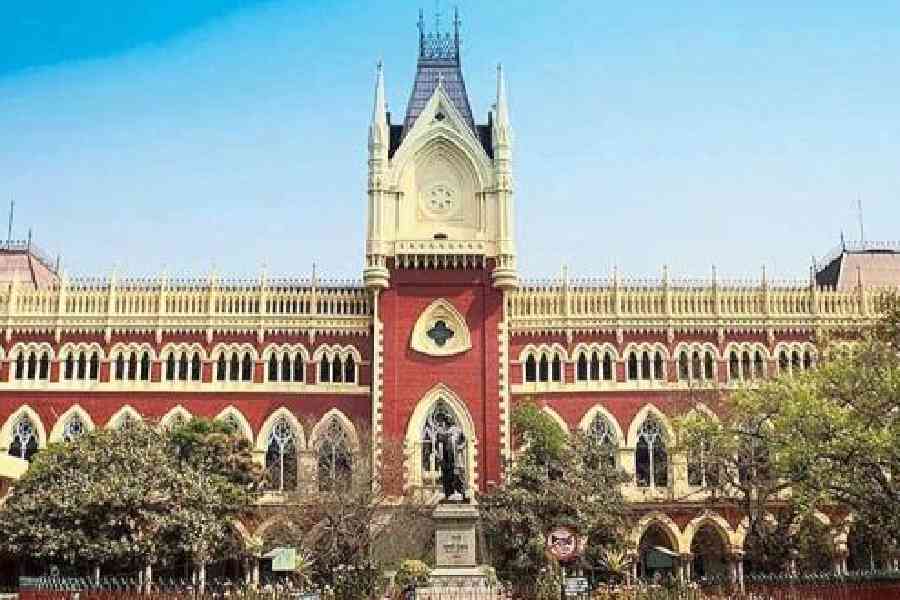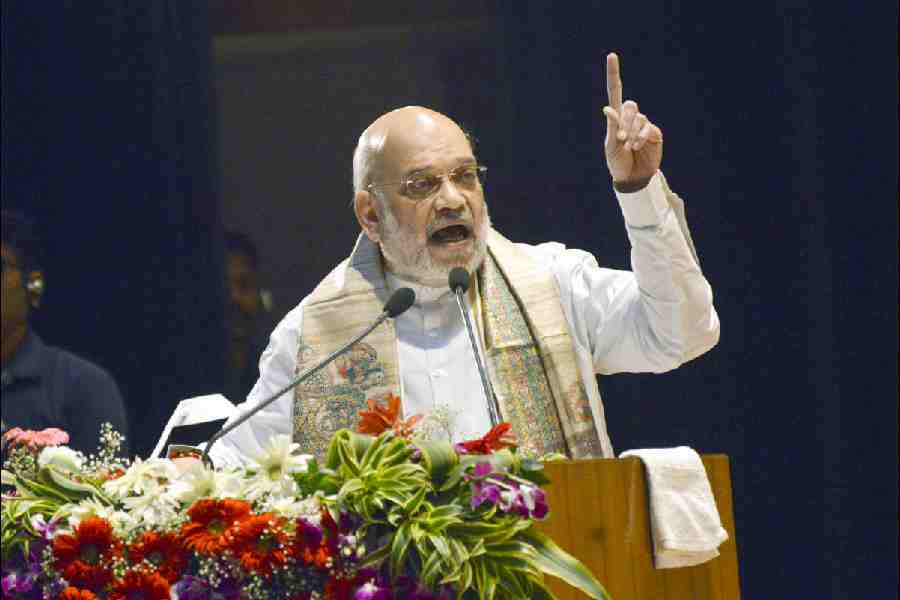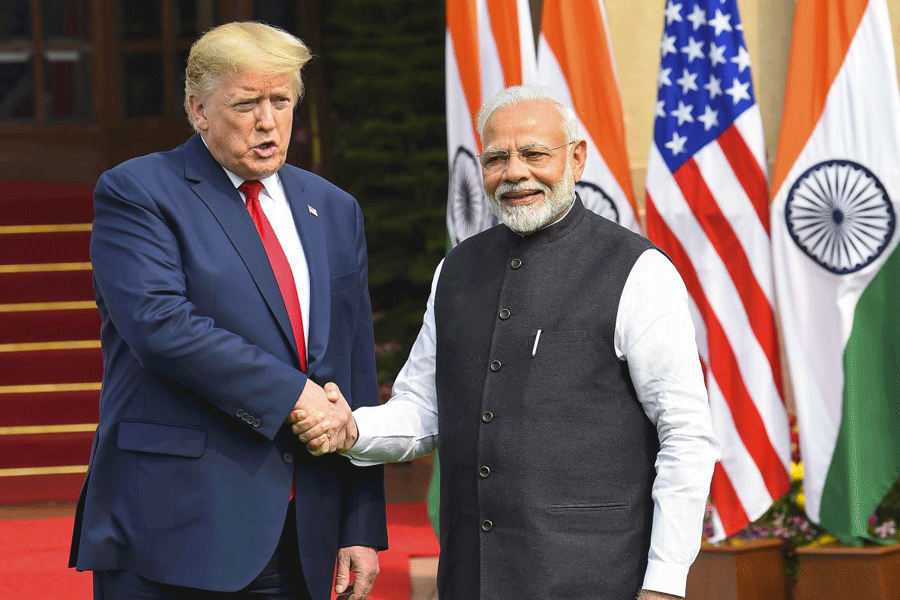The high court has restrained the powerful technicians’ federation in Tollygunge from interfering with the independent functioning of a director.
“The respondent no. 5 (Federation of Cine Technicians and Workers of Eastern India (FCTWEI) is restrained from interfering with the independent functioning ofthe petitioner in performing work and none of the fundamental right to life andlivelihood and the right to carry on business, trade and profession shall be interfered with,” said an order by Justice Amrita Sinha, issuedrecently.
The federation is headed by Swarup Biswas, brother of Aroop Biswas, a top leader of the Trinamool Congress and a senior minister in the state cabinet.
An association of directors, including some leading names in the industry, has for long accused the federation of “ruining” their work environment and threatening the future of the industry by imposing its diktats.
The original petition was filed by Bidula Bhattacharjee, a 38-year-old filmmaker. The case came up for hearing first on March 20.
The petition alleged “extreme highhandedness on the part of the federation, not allowing the petitioner and similarly placed members of the Directors Association of Eastern India to perform their work independently”.
On April 3, Justice Sinha allowed Bhattacharjee to file a “comprehensive representation highlighting all grievances” before the secretary of the information and cultural affairs department of the state government.
Justice Sinha directed the secretary to hear all “the necessary parties” and pass a “reasoned” order within four weeks from the date of filing of the representation.
On April 3, another similar petition was filed by 14 other filmmakers, including Parambrata Chattopadhyay, Anirban Bhattacharya, Sudeshna Roy, Indranil Roychowdhury and Kingshuk Dey.
Some of the members of the directors’ guild have been allegedly denied health insurance benefits because the applications are routed through the federation, the petition said.
The federation also discriminated among members on the basis of unique identity cards, the petition said. People without the cards find it very challenging to get work, it said.
The counsel for the federation admitted before the court that a code of conduct that governed the functioning of the industry was effective from May 1, 2012, to April 30, 2015.
Though the code is invalid now, the federation insists on going by the same, the petitioners alleged.
Justice Sinha directed that the health insurance applications would be considered by the Film Directorate, which is headed by an additional secretary, without “routing” them through the federation.
“Non-production of the Unique Card will not affect any of the rights of the petitioner to perform his profession, trade or business independently,” the order said.
The matter will be heard next on May 19.











